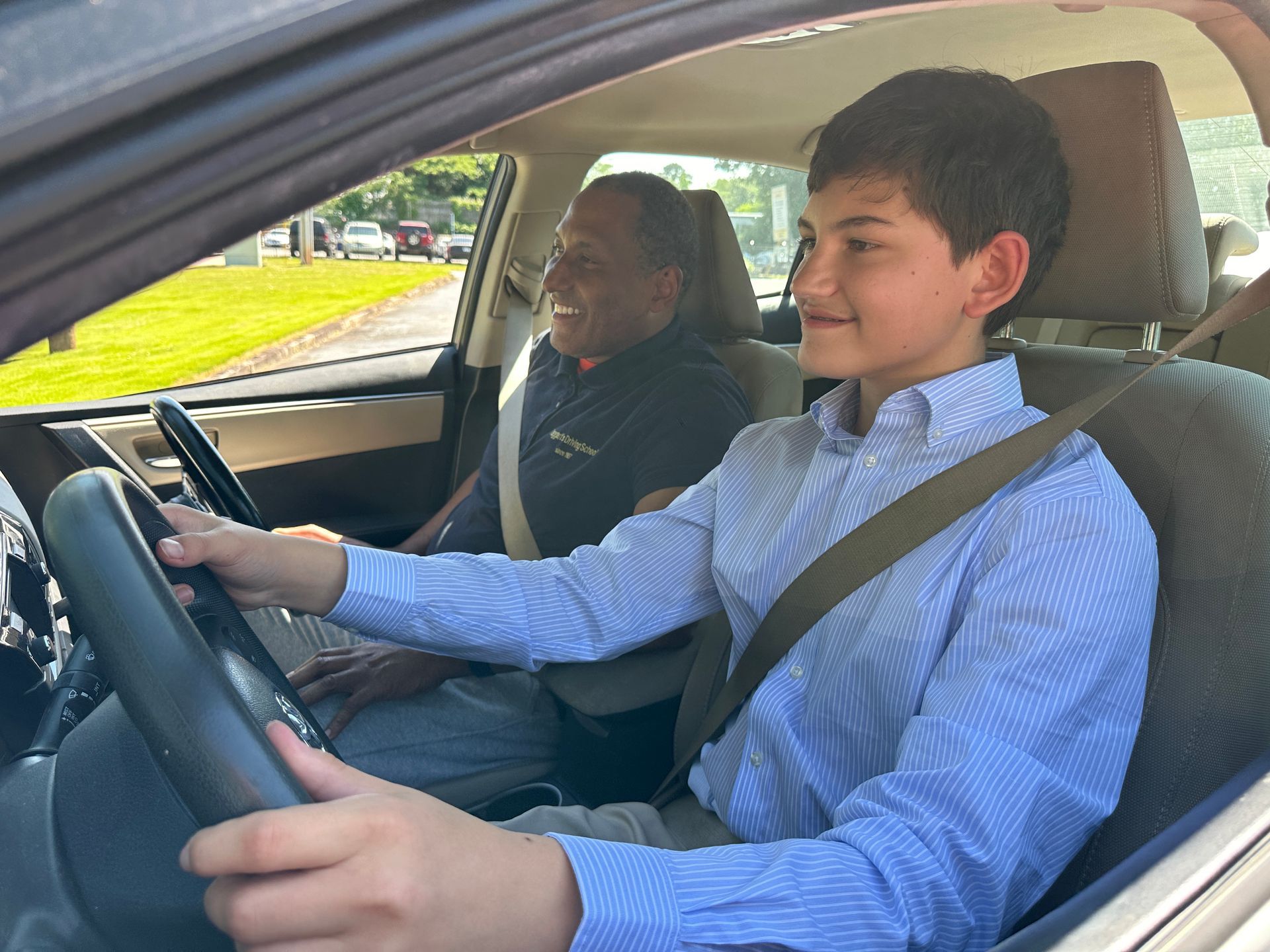As a parent, you do everything in your power to keep your kids safe. At times, this can be a daunting task, especially when your kids are old enough to drive without supervision.
As a parent, you do everything in your power to keep your kids safe. At times, this can be a daunting task, especially when your kids are old enough to drive without supervision.
It is probably not surprising to you that the leading cause of death for teenagers in the United States is being involved in a motor vehicle accident. And when your teen is driving with other people in the vehicle, it doubles their chances of getting into a fatal accident.
What can you do to foster your teen's independence while also keeping them safe when driving?
1. Don't Allow Your Teenager to Text and Drive
At one time, drinking while driving was the leading cause of death for teen drivers. While driving under the influence is still an issue, texting while driving now kills more teen drivers than alcohol does.
Even though 47 states, along with the District of Columbia, have banned text messaging for all drivers, texting while driving remains to be an issue for teens. According to statistics, 11 teenagers die every day in this country as a result of texting while driving. Even though 94 percent of teenagers know texting while driving isn't safe, they continue to do it anyway.
This leaves you, the parent, to put a strict rule in place regarding texting and driving. Many parents have found it effective to talk to their teenager about texting while driving and have them sign a pledge to never text and drive. If they do break this rule, you need to enforce negative consequences, like taking away their phone.
Encourage your child by modeling positive behavior, which means you shouldn't be texting and driving, either.
2. Make Sure Your Teenager Wears Their Seat Belt
Even if your teen is a pretty safe driver, they could still get into a car accident at no fault of their own. For this reason, they should always wear their seat belt. This is true whether they are the driver or a passenger.
Seat belts really do save lives. According to the latest statistics, the National Highway Traffic Safety Administration says that seat belts help save 15,000 lives a year in the United States. Not only does wearing a seat belt save a life, but it can also protect a body from getting seriously injured.
If you want to ensure your teen always wears their seat belt while in a vehicle, teach them by example.
3. Enroll Your Teenager in Driving School
Your teenager is most likely to get into a car accident within the first months of having a driver's license. This likelihood is primarily due to the fact that they are inexperienced drivers who are often not able to recognize hazardous driving conditions.
By enrolling your teen in driving school, they will get more hands-on experience when it comes to driving behind the wheel. Besides gaining this valuable experience, your child will also learn the most up-to-date rules of the road, which not only helps keep them safe but others on the road as well. Your teen will also learn the following:
- How to drive defensively
- How to be more aware of their surroundings
- How to make good driving decisions
Enrolling your teen in driving school will not only set your mind at ease every time your teen gets behind the wheel, but oftentimes, you will receive a discount on your car insurance premium along with a tax credit.
If you want to keep your teen driver safe, contact Taggart's Driving School today for more information. Ask us about our teenage driver's education program and in-car driving lessons.










